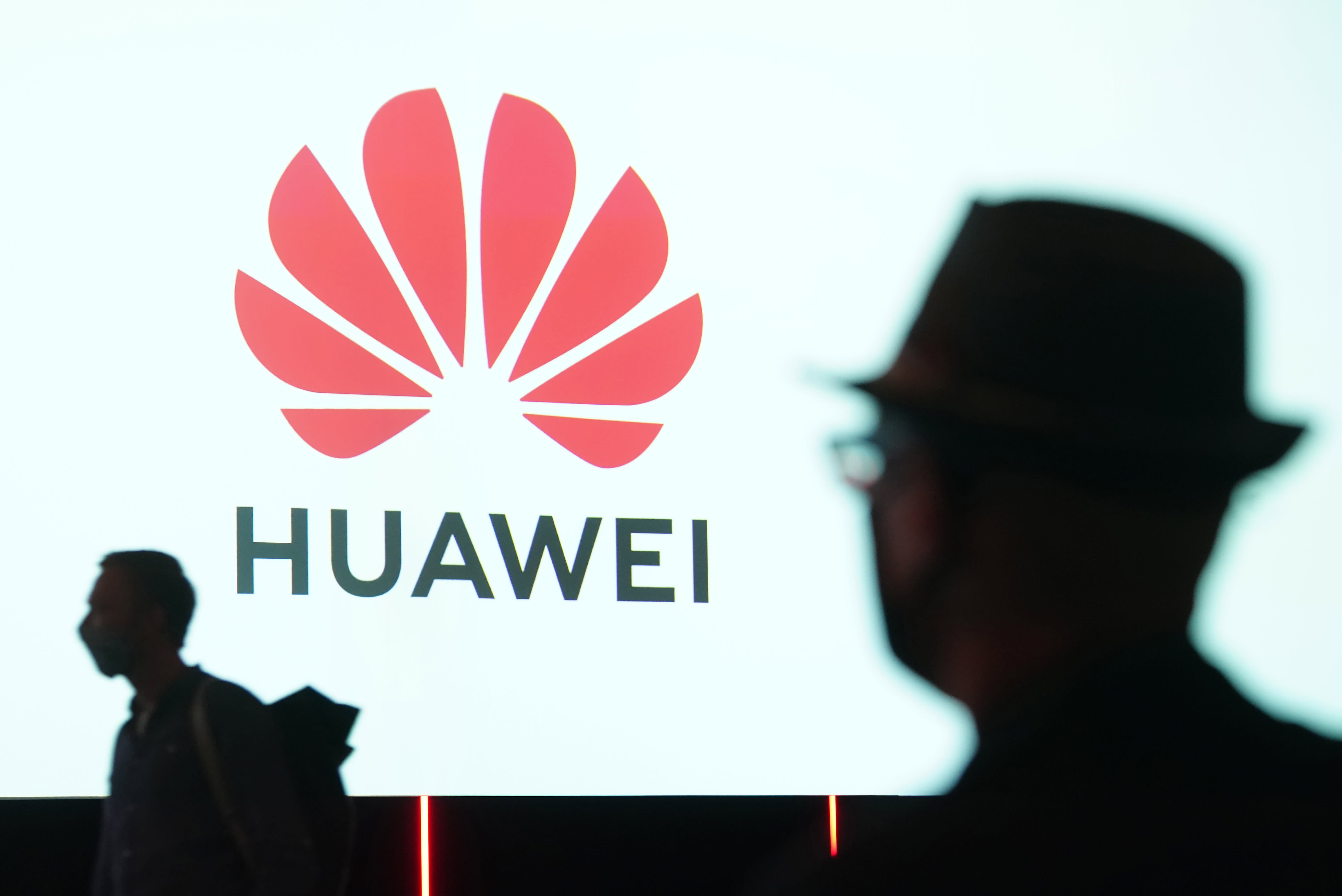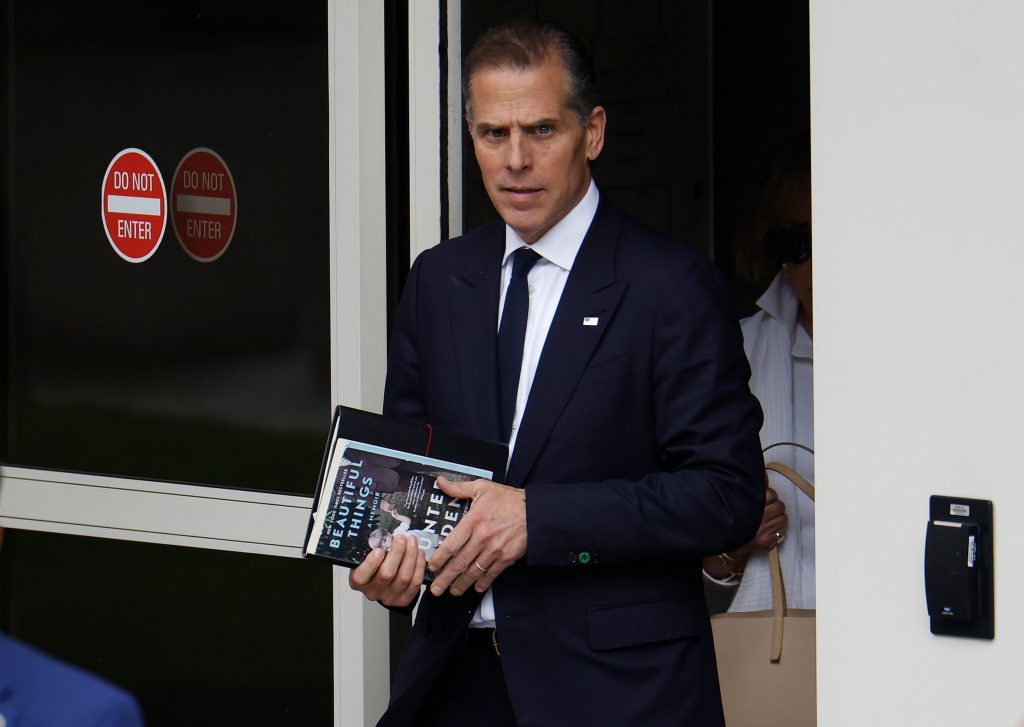
BERLIN, GERMANY – SEPTEMBER 03: People arrive to attend the Huawei keynote address at the IFA 2020 Special Edition consumer electronics and appliances trade fair.
Sean Gallup | Getty Images News | Getty Images
Chinese technology giant Huawei is set to challenge Nvidia with a new artificial intelligence chip amid U.S. sanctions that had sought to curb the Chinese tech giant’s technological progress, according to a Wall Street Journal report.
Huawei told potential clients that its upcoming processor, Ascend 910C, is on par with Nvidia’s H100, the report said, citing people familiar with the matter. Huawei is targeting shipments as early as October.
U.S. regulators in 2022 had slapped restrictions on Nvidia to stop the firm from selling AI chips, including the H100, in China, citing national security concerns.
Potential customers including Chinese internet firms and telecommunications providers are already testing the Ascend 910C chip, the report said, adding that TikTok parent ByteDance, Baidu and China Mobile are among those in early discussions to purchase it.
However, Huawei is facing production delays in its current chips, WSJ said, adding that the firm also faces the prospect of further U.S. restrictions that could impact its ability to obtain machine components and memory chips for AI.
This is the latest sign of Huawei’s ability to fight off American efforts aimed at restricting its access to advanced technology.
Last year, an analysis of Huawei’s Mate 60 Pro smartphone revealed a chip made by China’s top chipmaker SMIC that appeared to support 5G, despite U.S. sanctions that have sought to cut the Chinese tech giant off from the technology.
A resurgence in Huawei’s consumer business, which includes smartphones and laptops, poses a challenge to Apple in China, one of the company’s biggest markets.
Apple was edged out of the top five smartphone vendors’ list in China in the second quarter, as competition from domestic brands such as Huawei intensified, according to a Canalys report.
Huawei has been at the center of U.S. sanctions aimed at securing U.S. networks and supply chains.
In 2018, the U.S. banned its agencies from obtaining Huawei equipment or services.
Huawei was then placed on a U.S. trade blacklist in 2019, which banned U.S. firms from selling technology — including 5G chips — to the Chinese tech giant. In 2020, the U.S. tightened chip restrictions on Huawei, requiring foreign manufacturers using American chipmaking equipment to obtain a license to sell semiconductors to Huawei.
U.S. in May revoked some licenses, including those of Intel and Qualcomm, to sell chips to Huawei, saying it made the move to protect national security and foreign policy interests.
China is stepping up efforts to boost its domestic chip industry, and has put in 344 billion Chinese yuan ($47.5 billion) into a third chip fund aimed at bolstering its tech sector.
Read the full WSJ report here.

